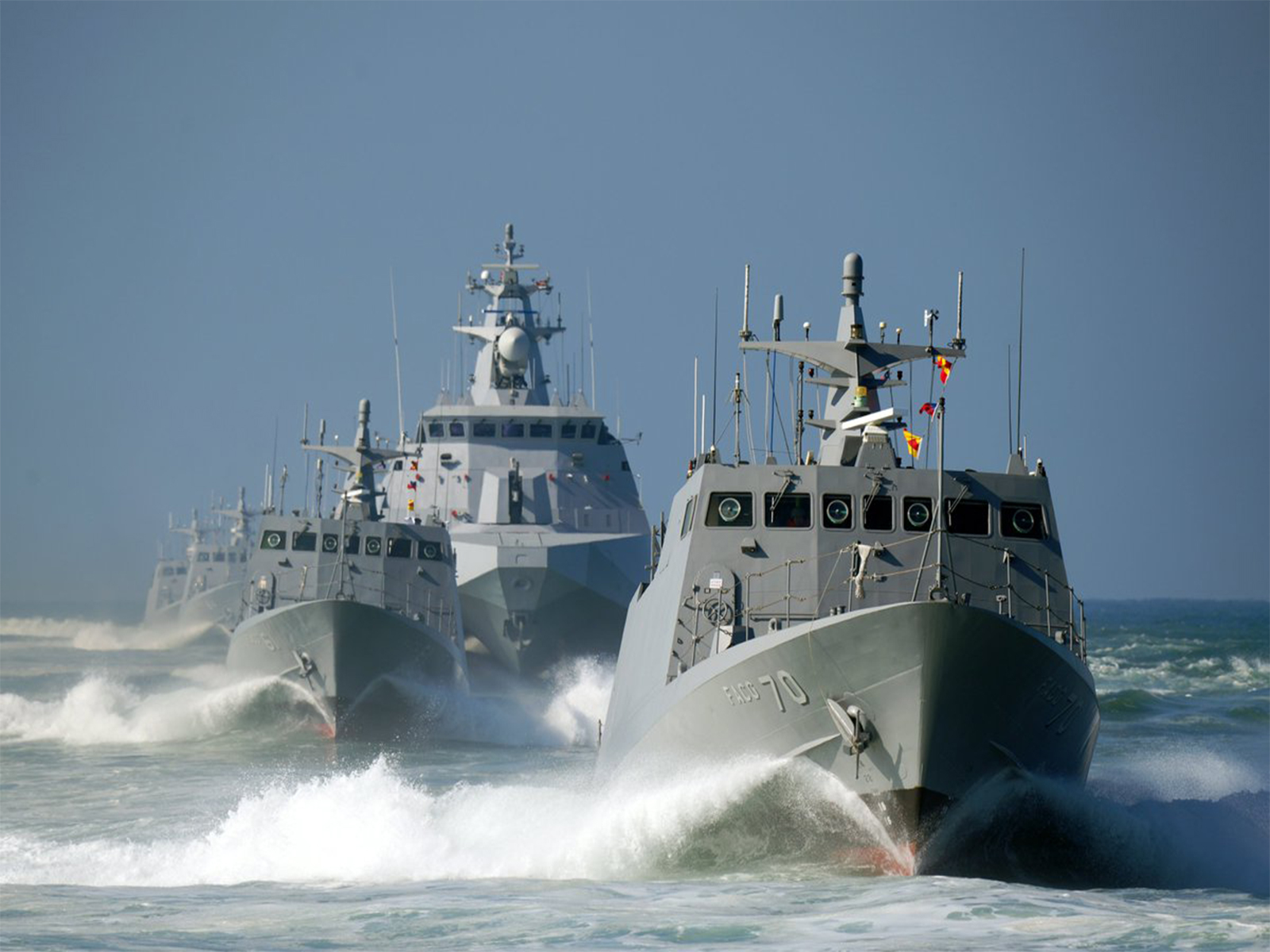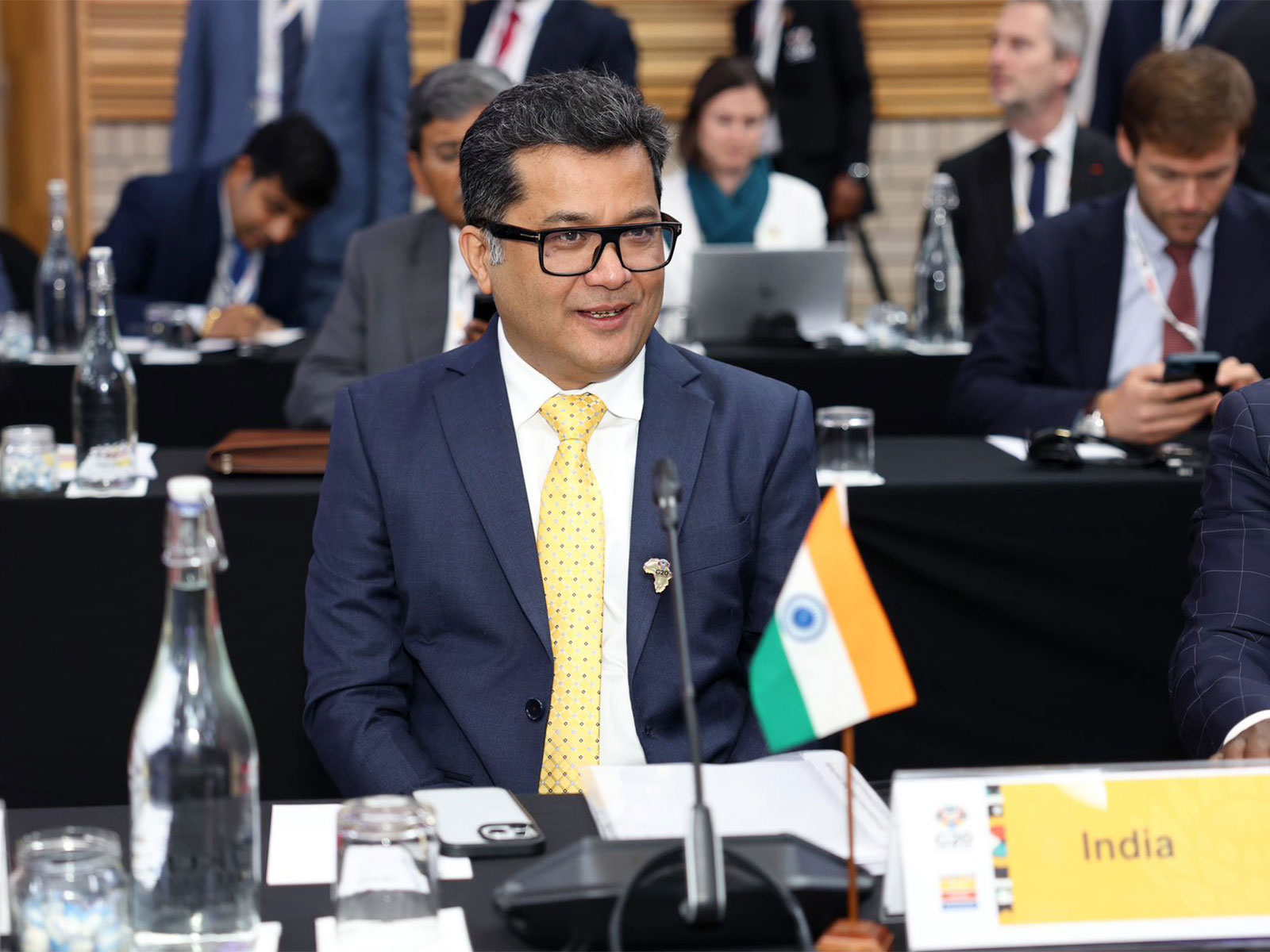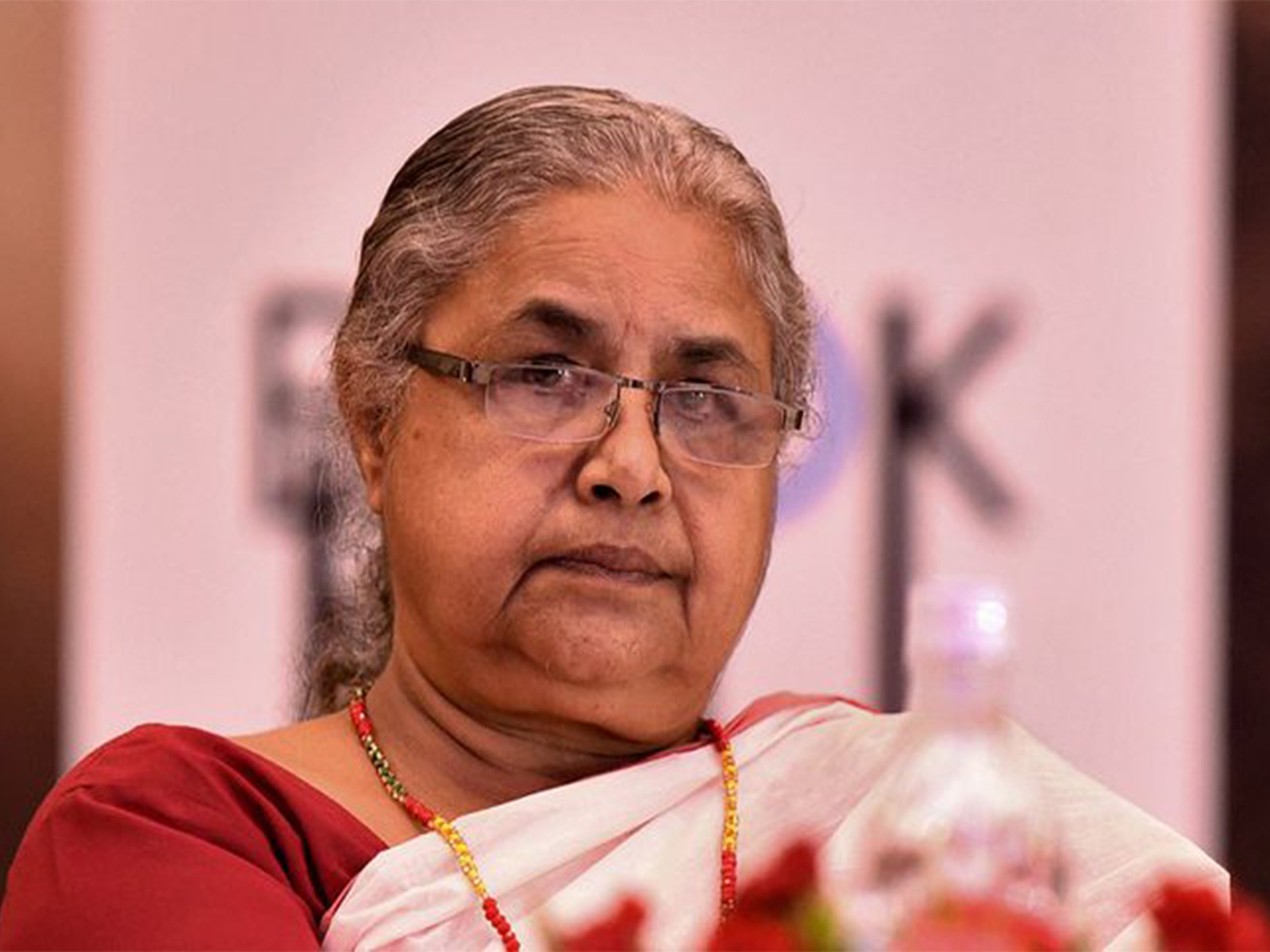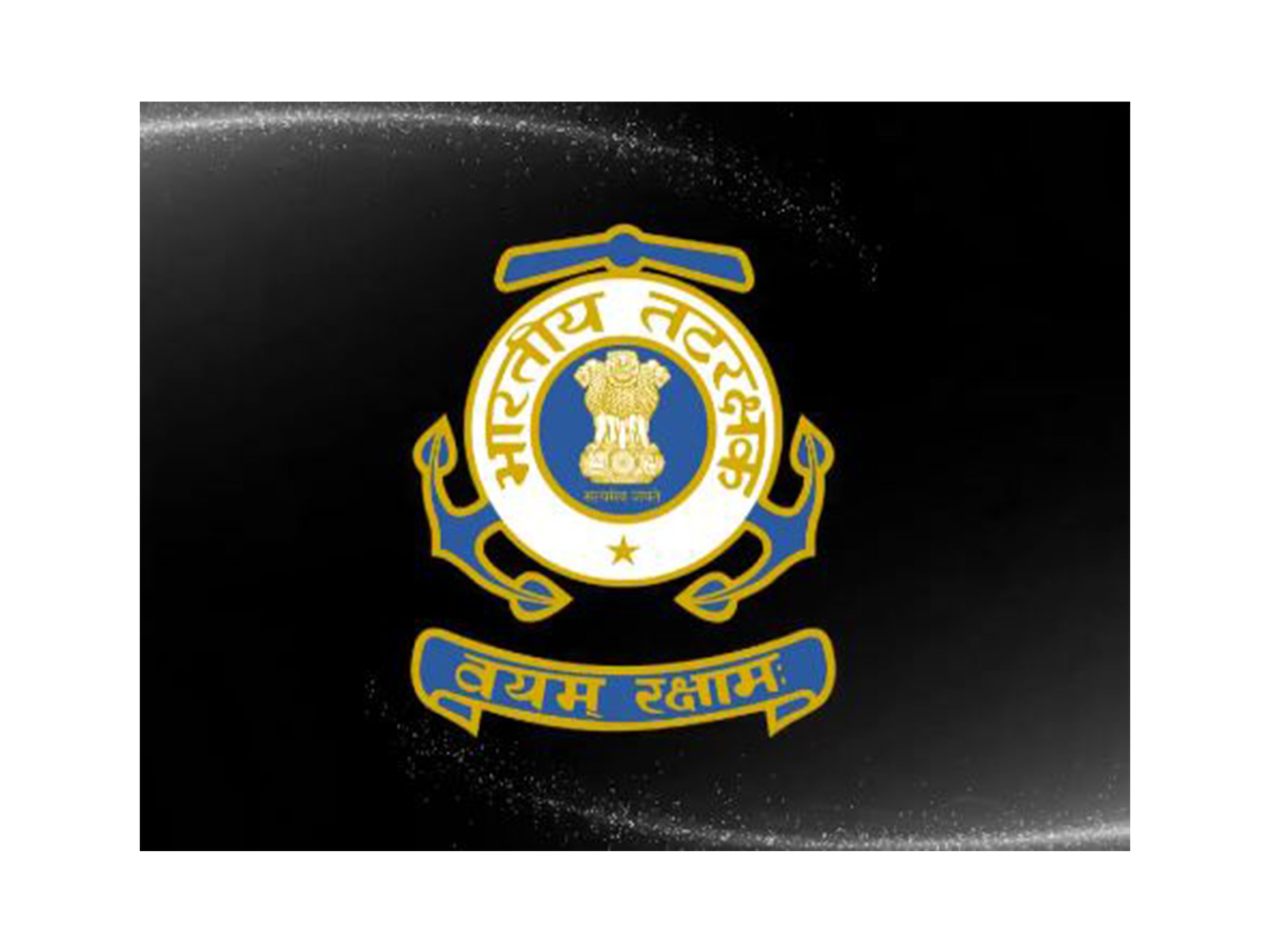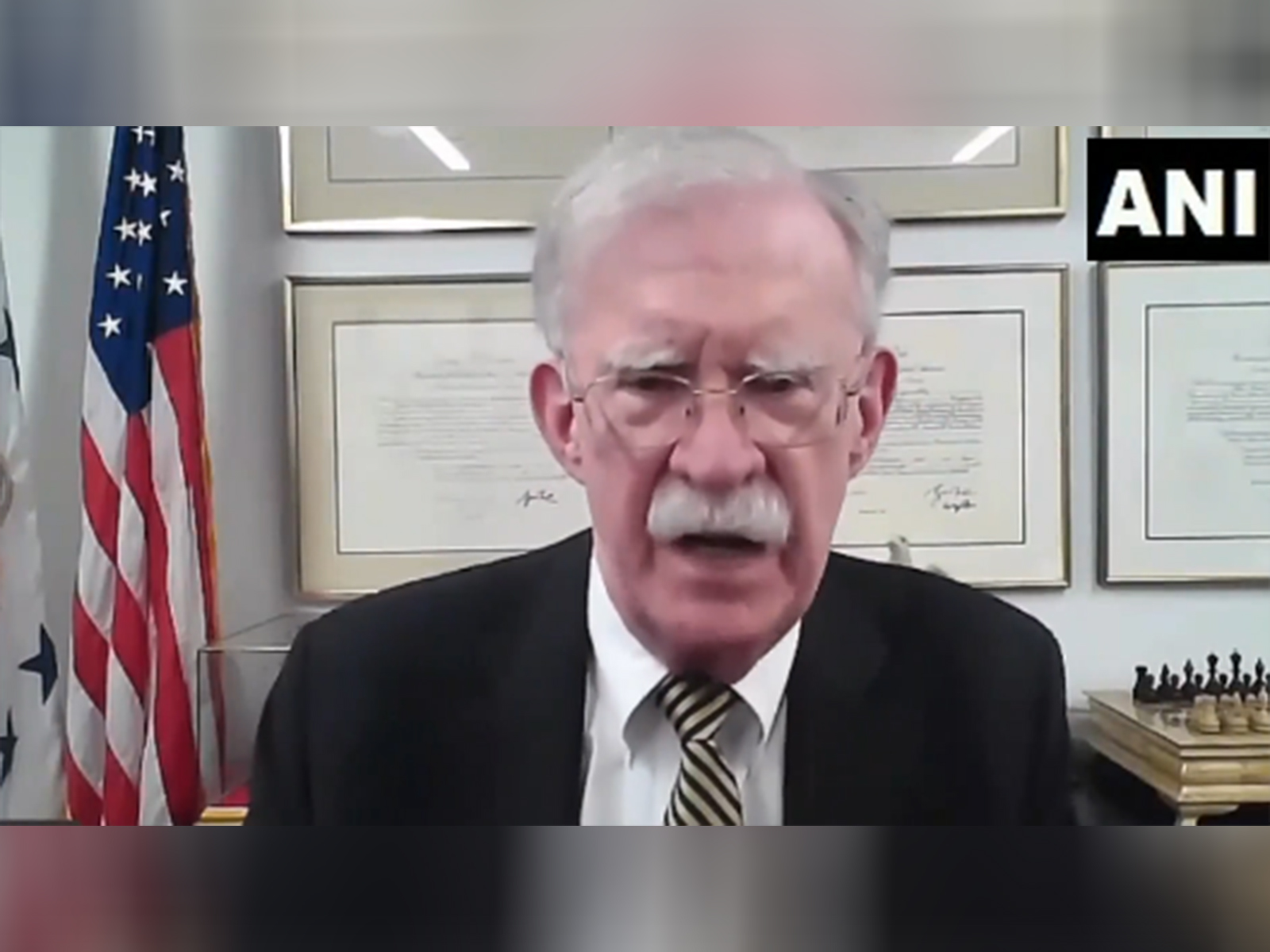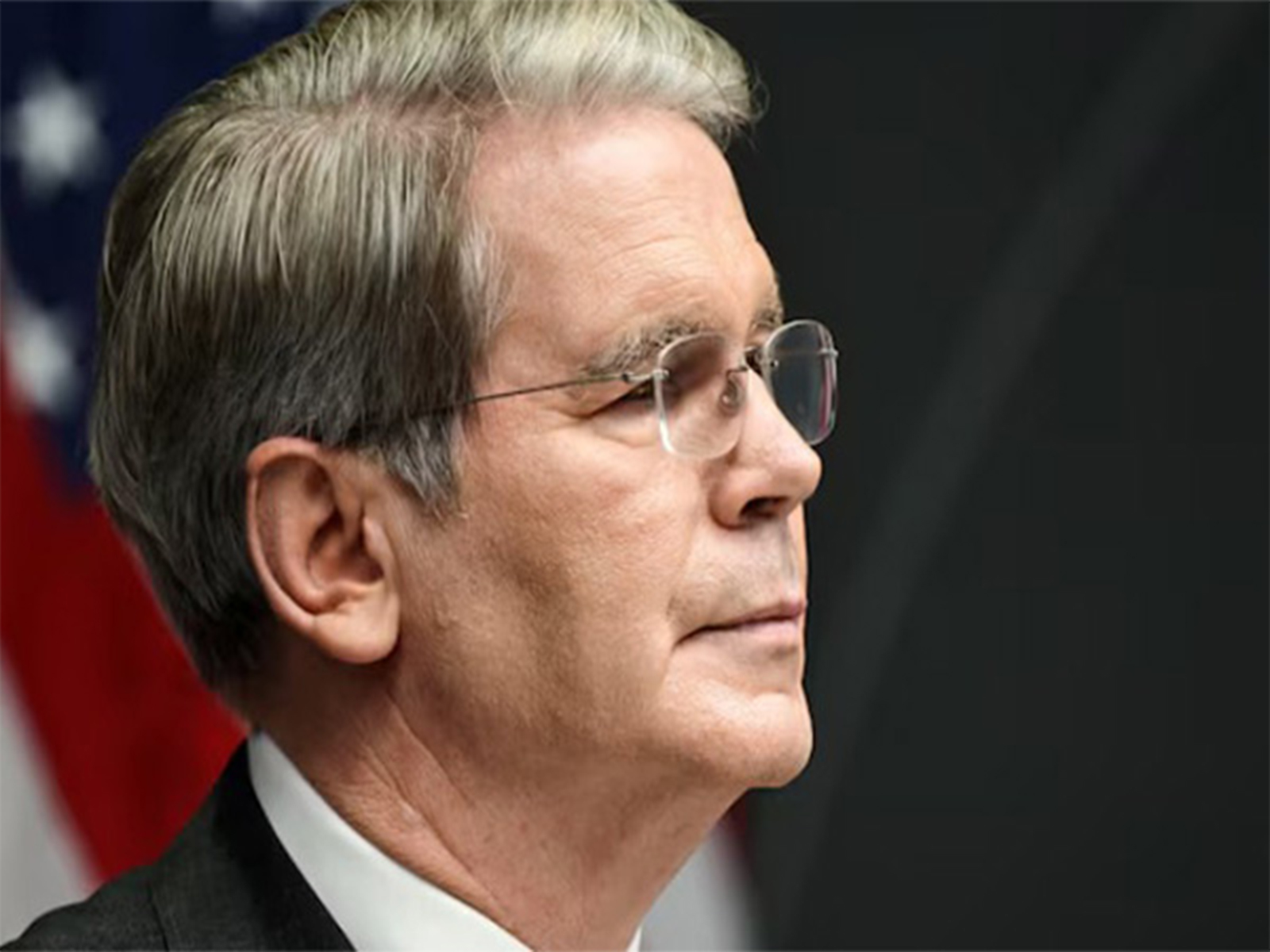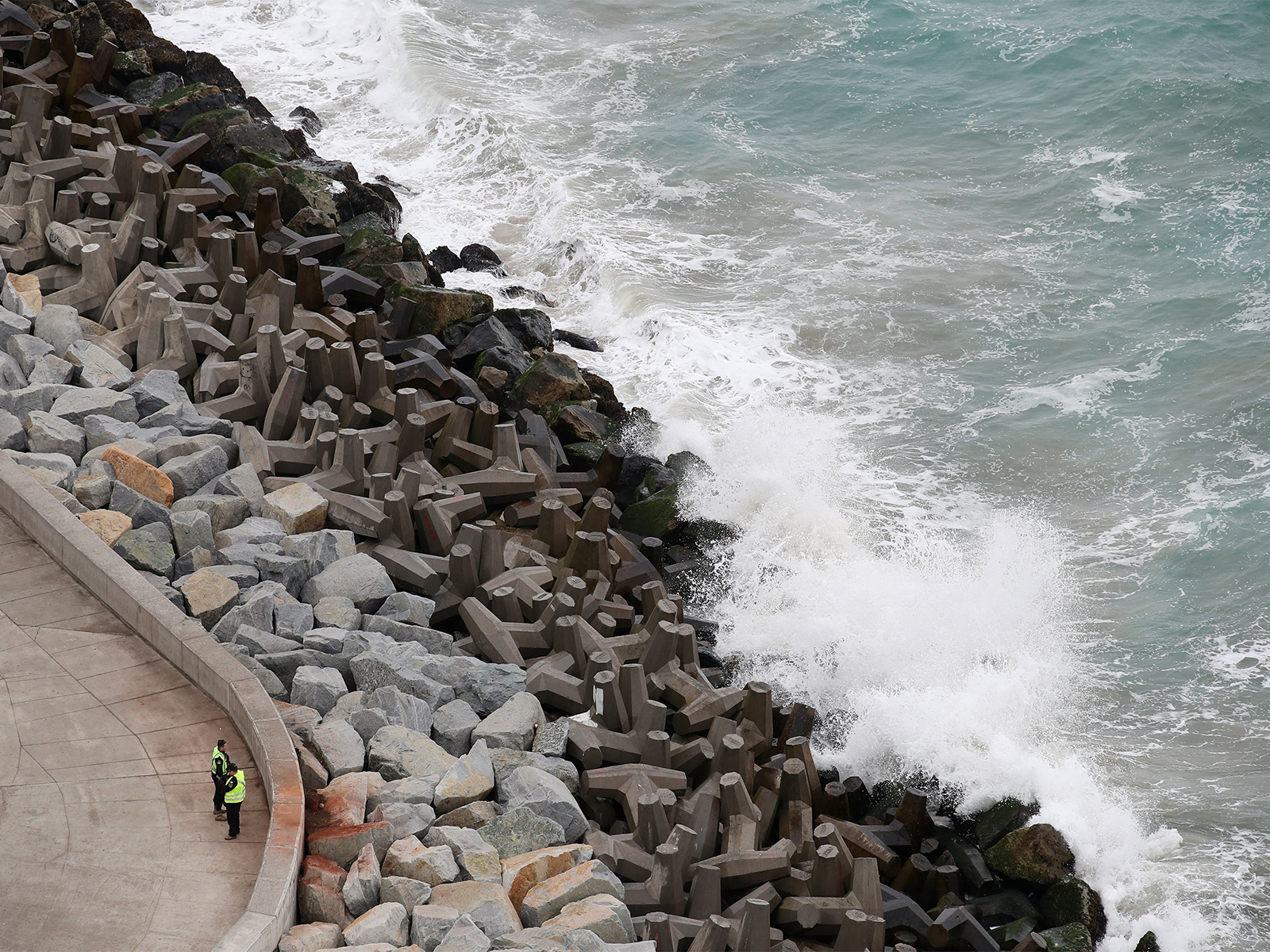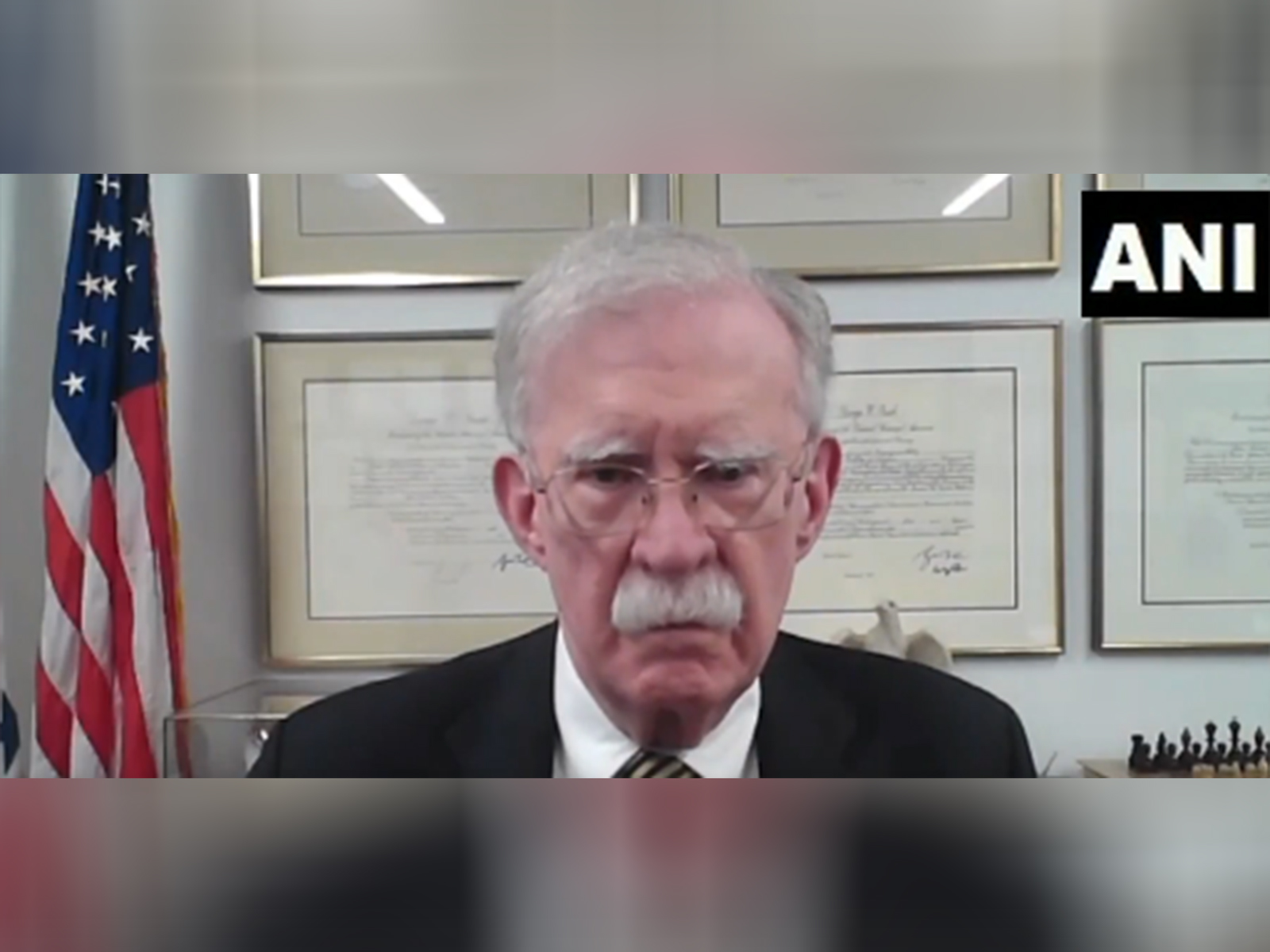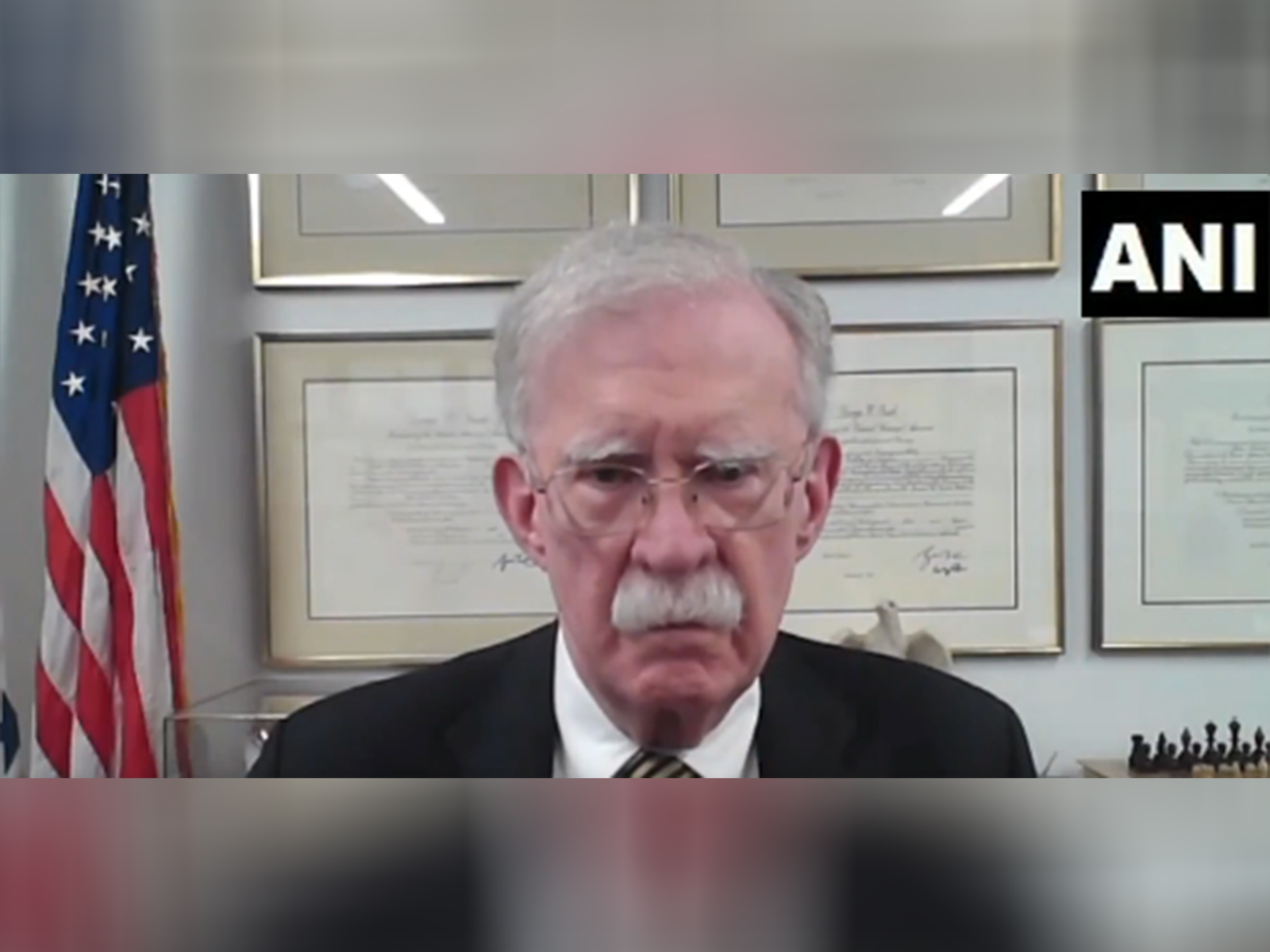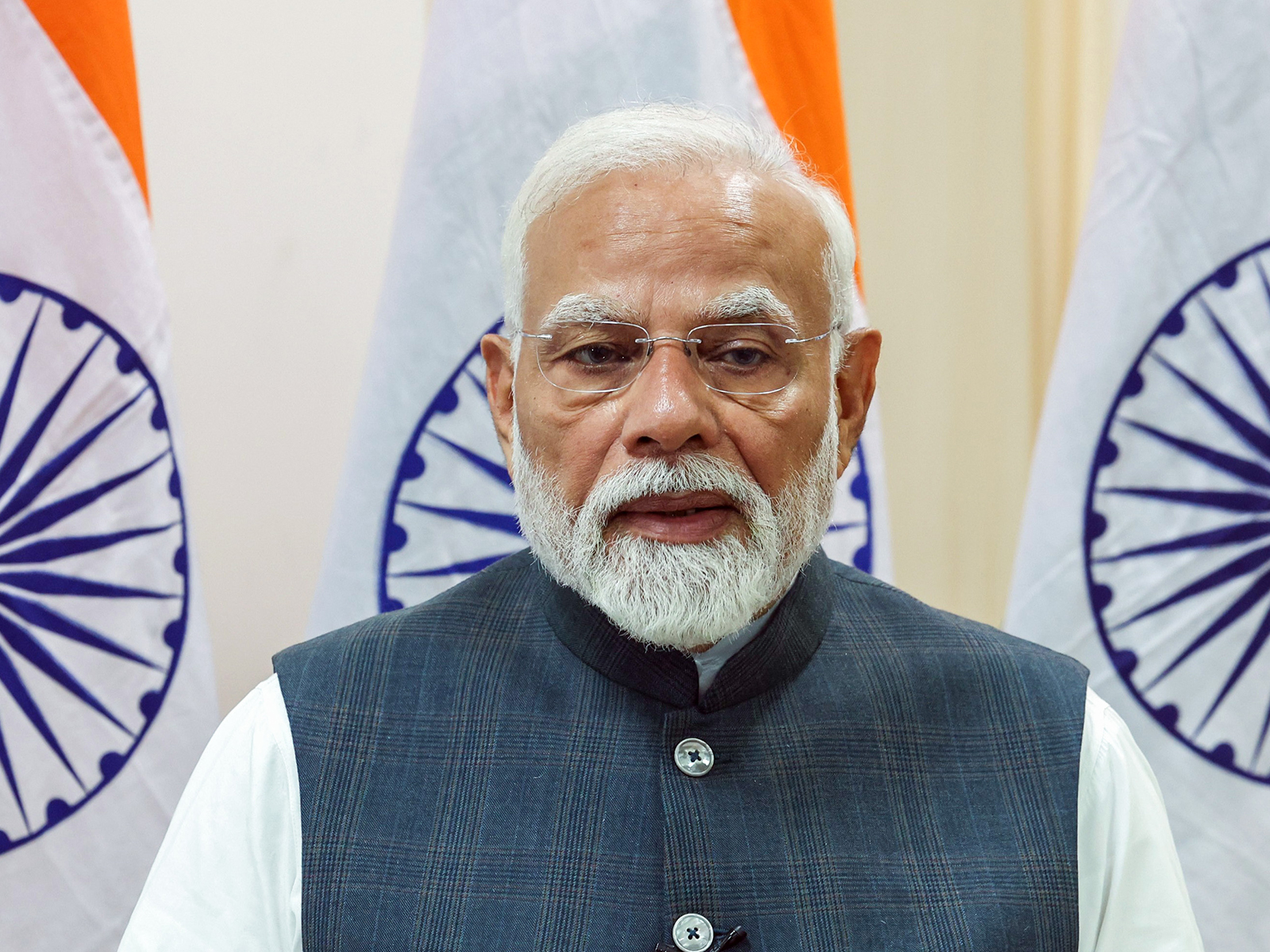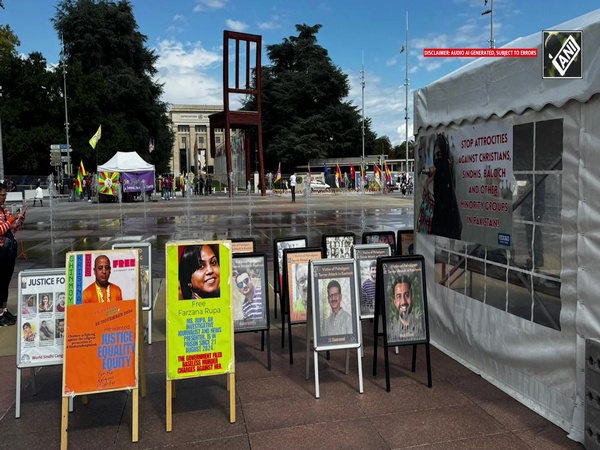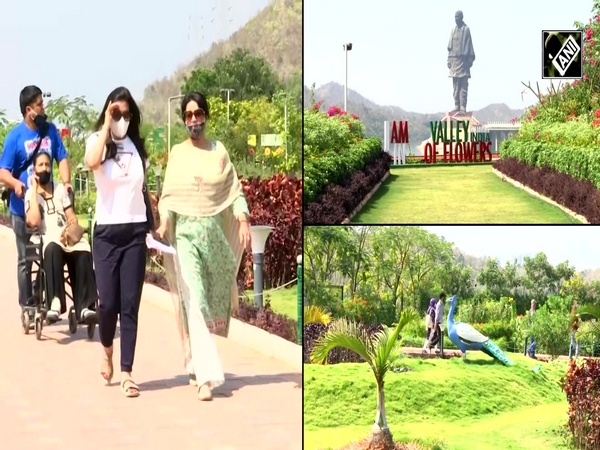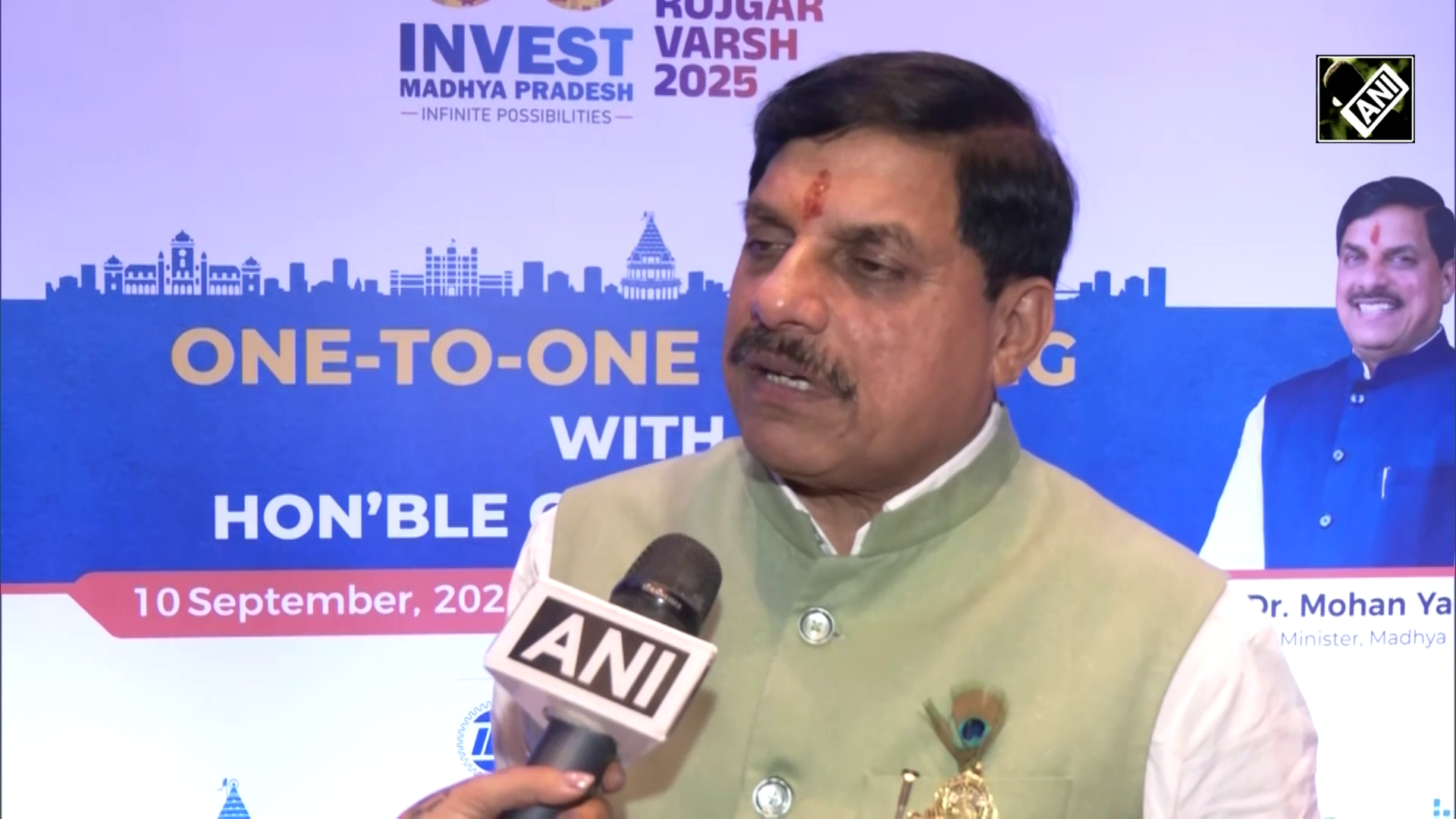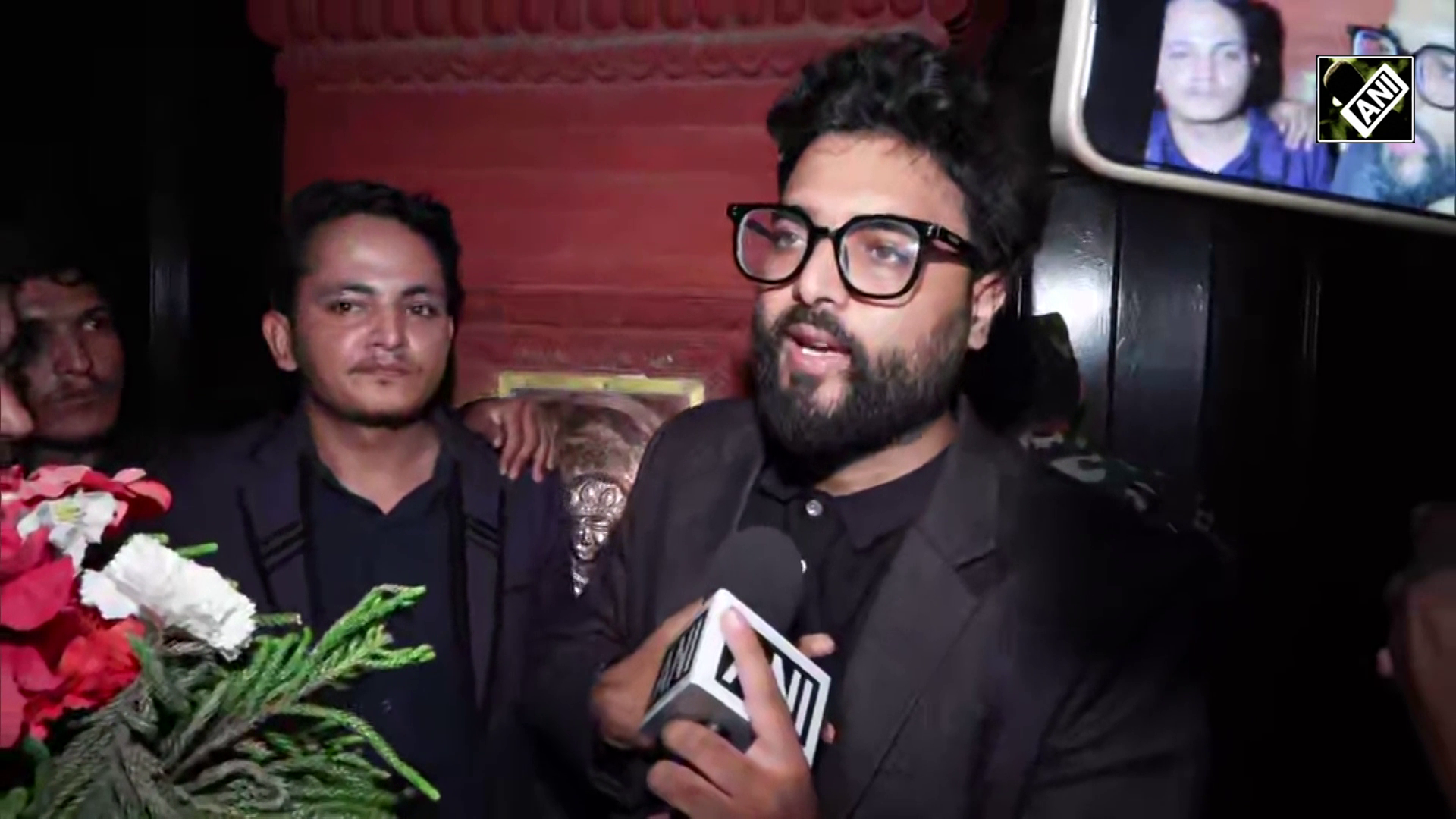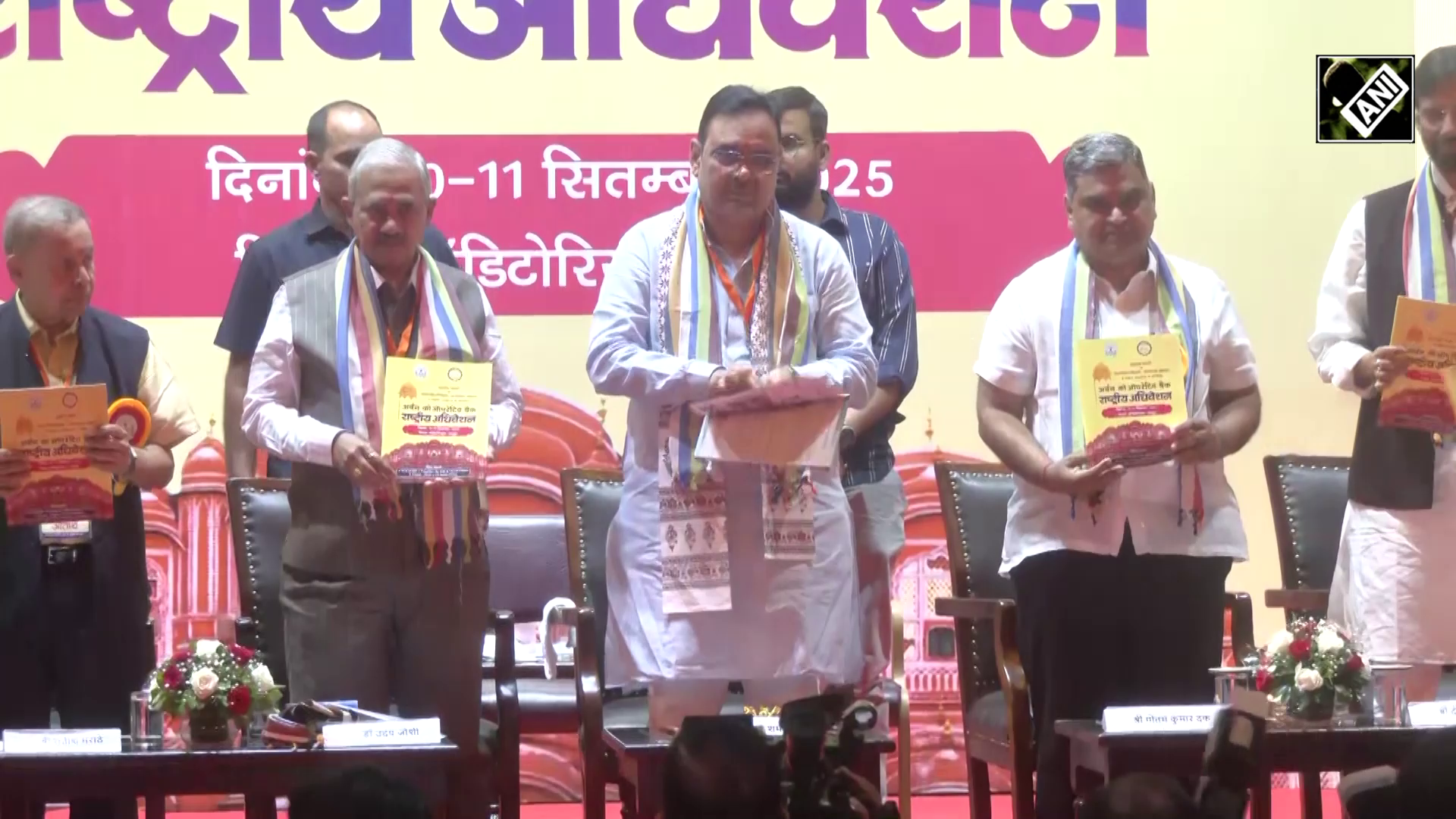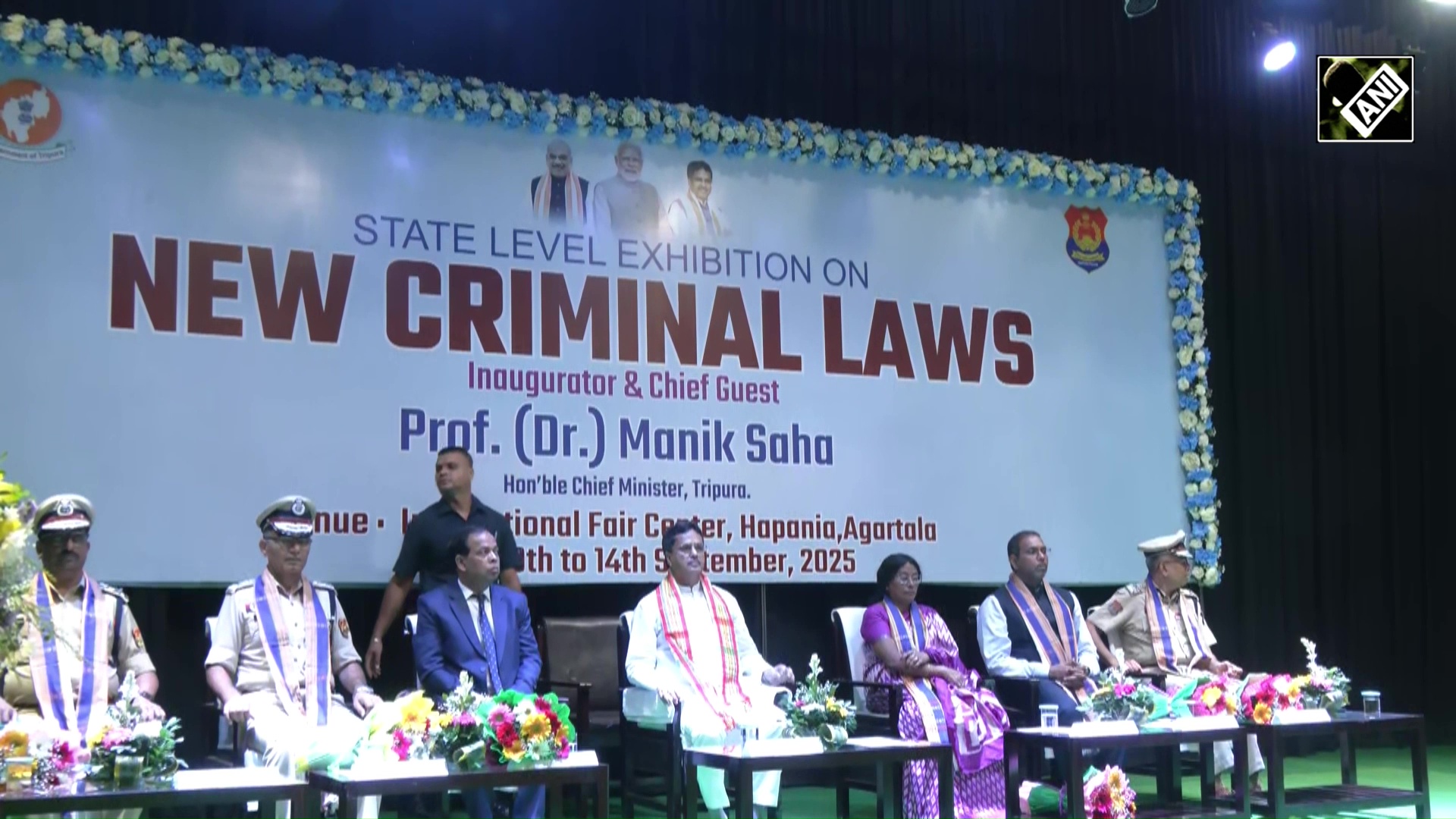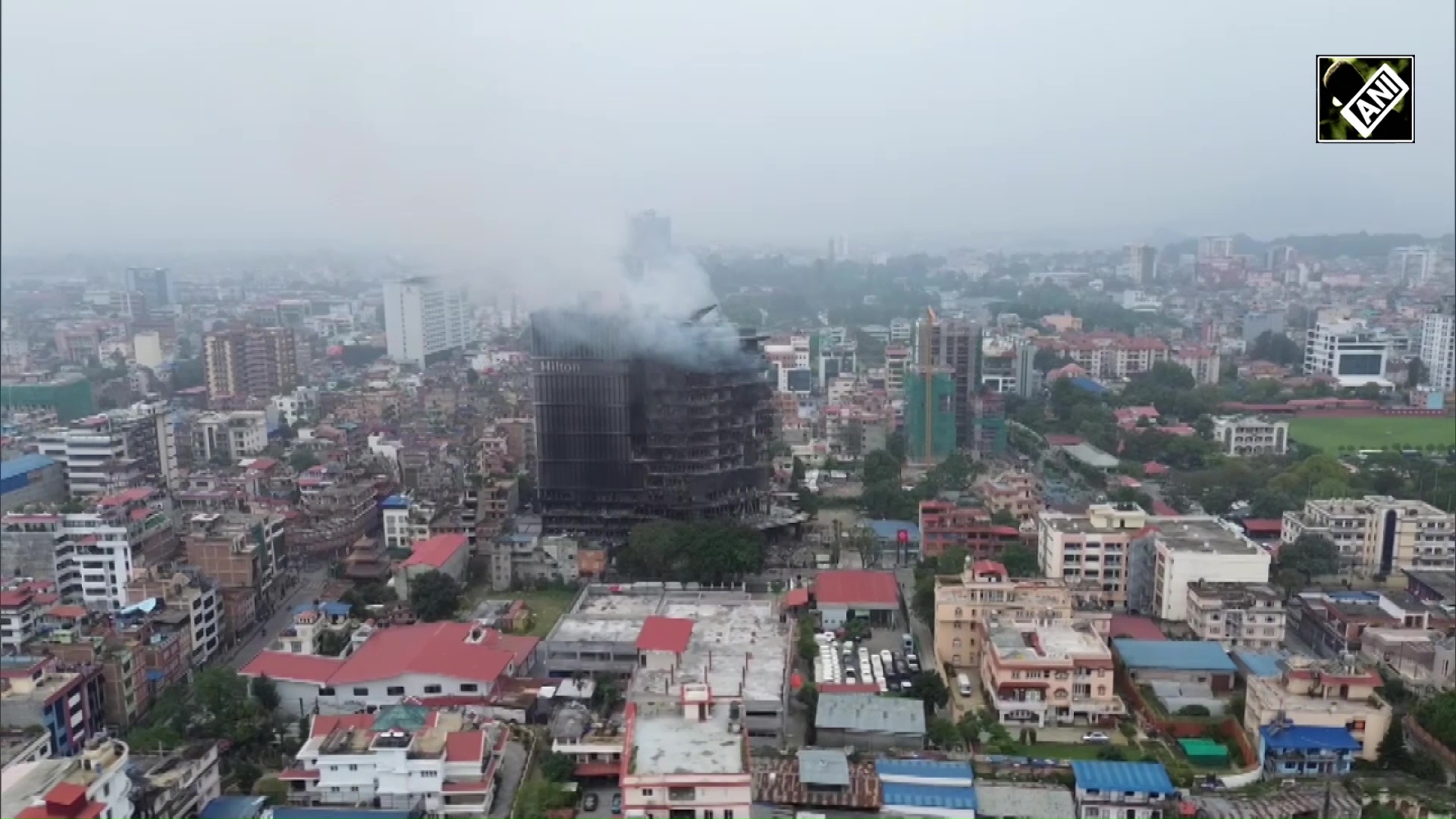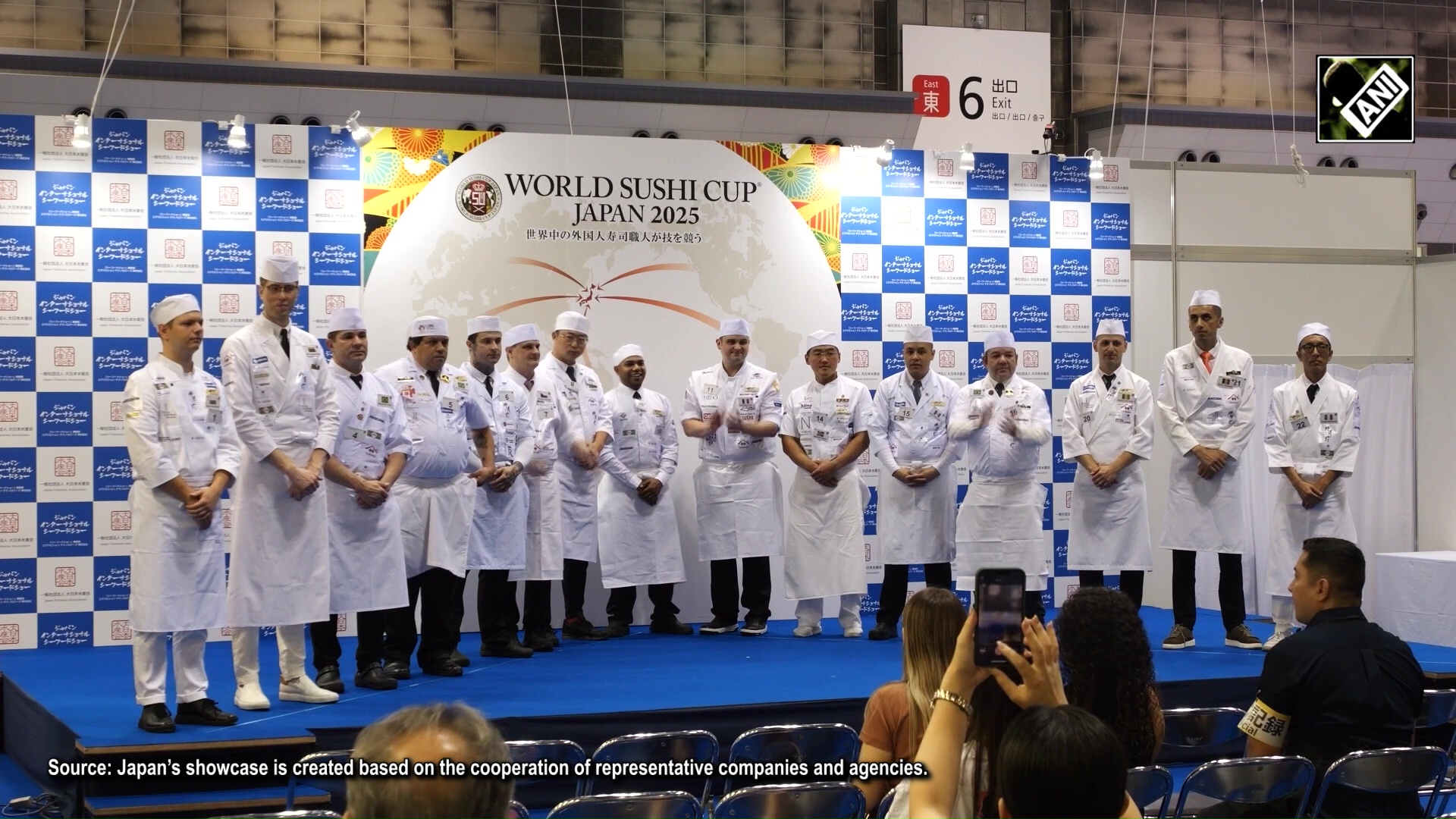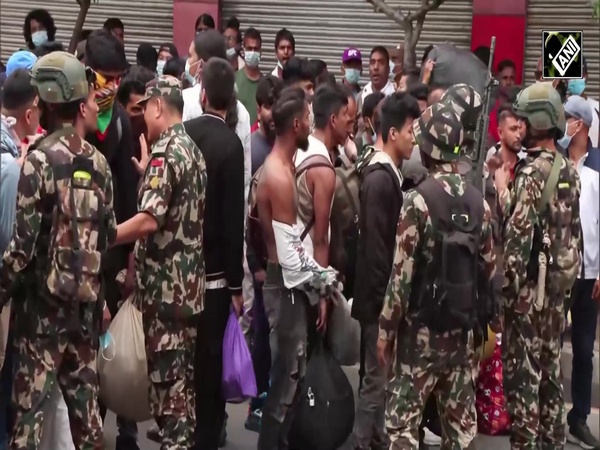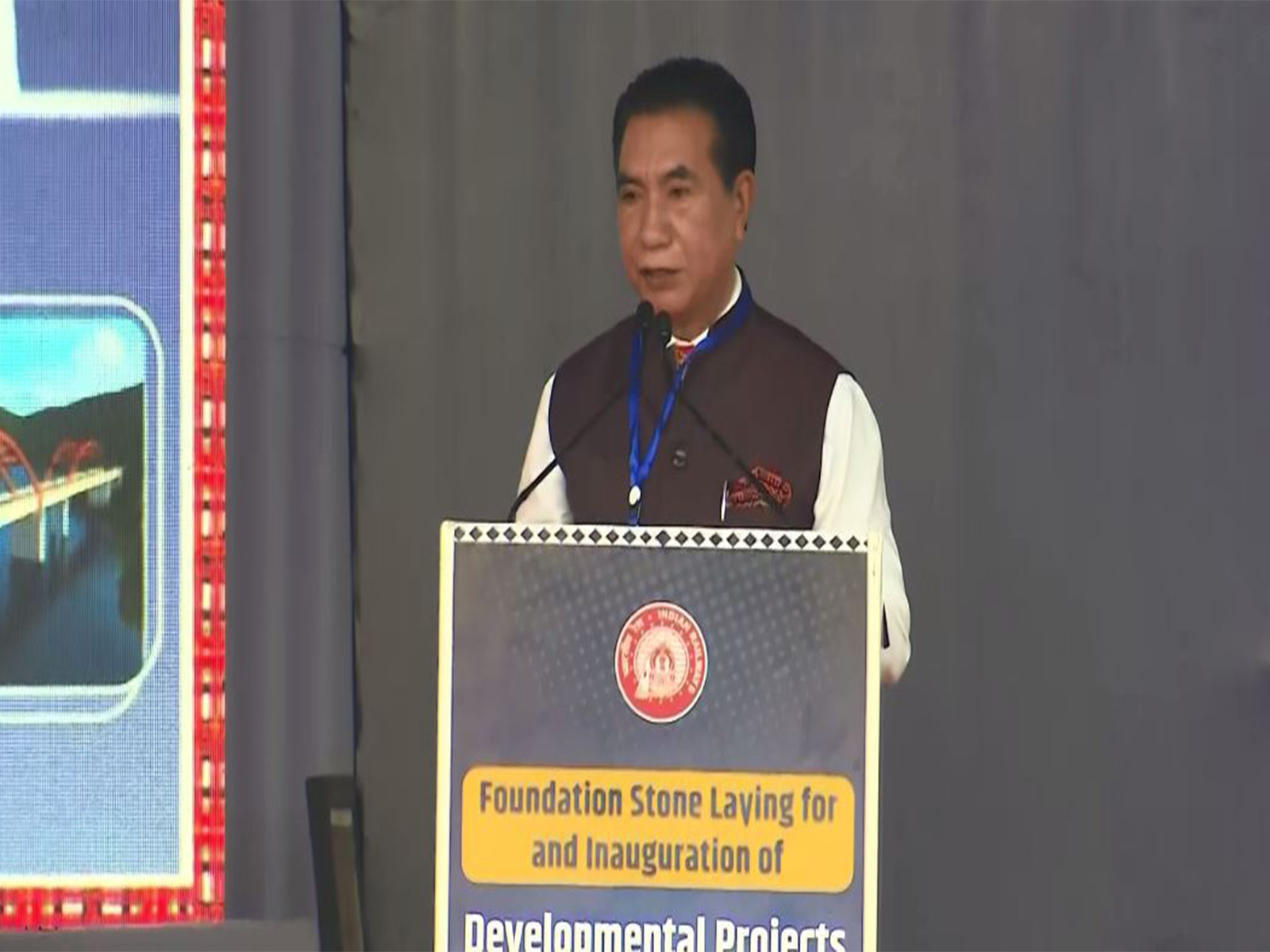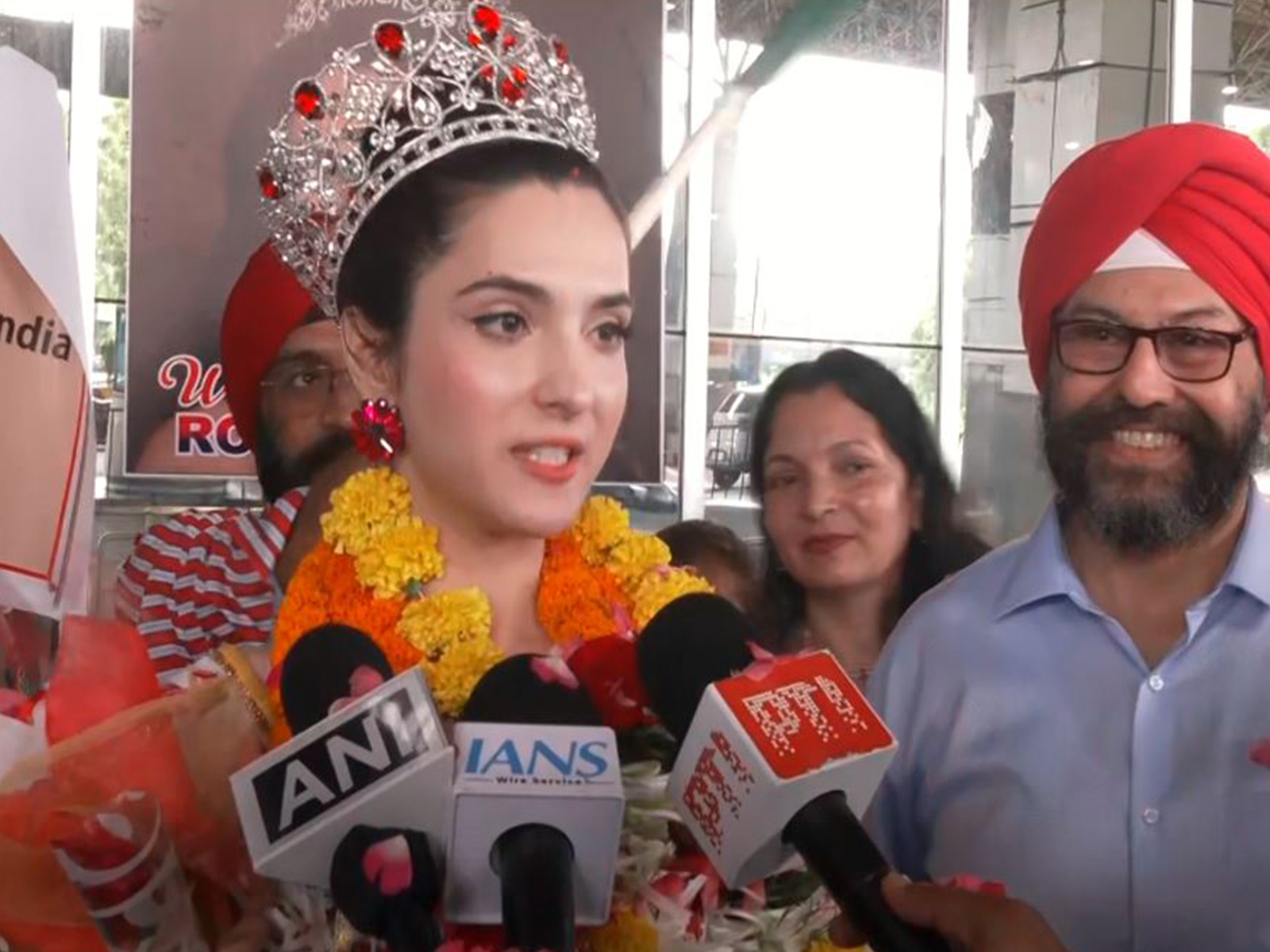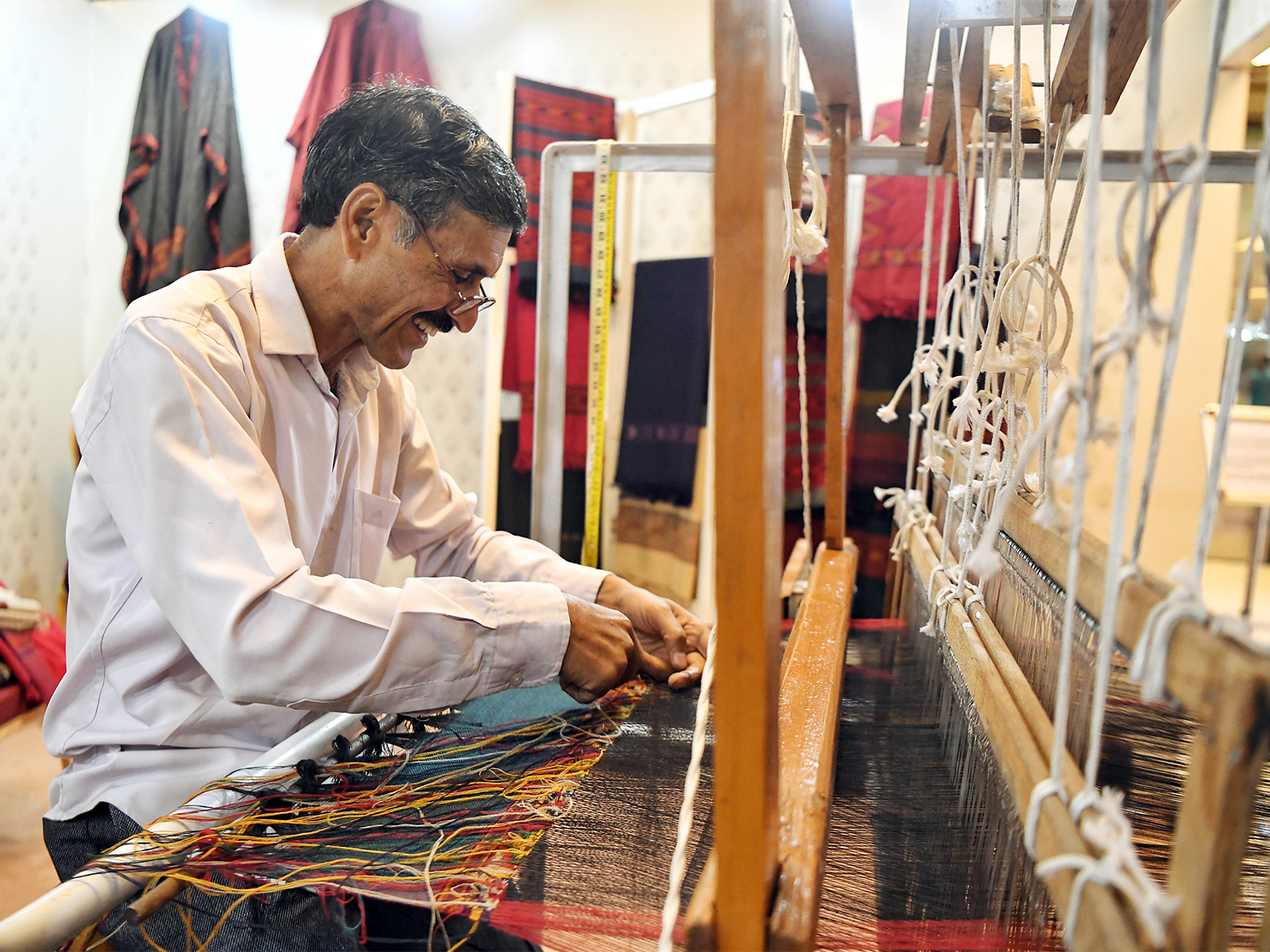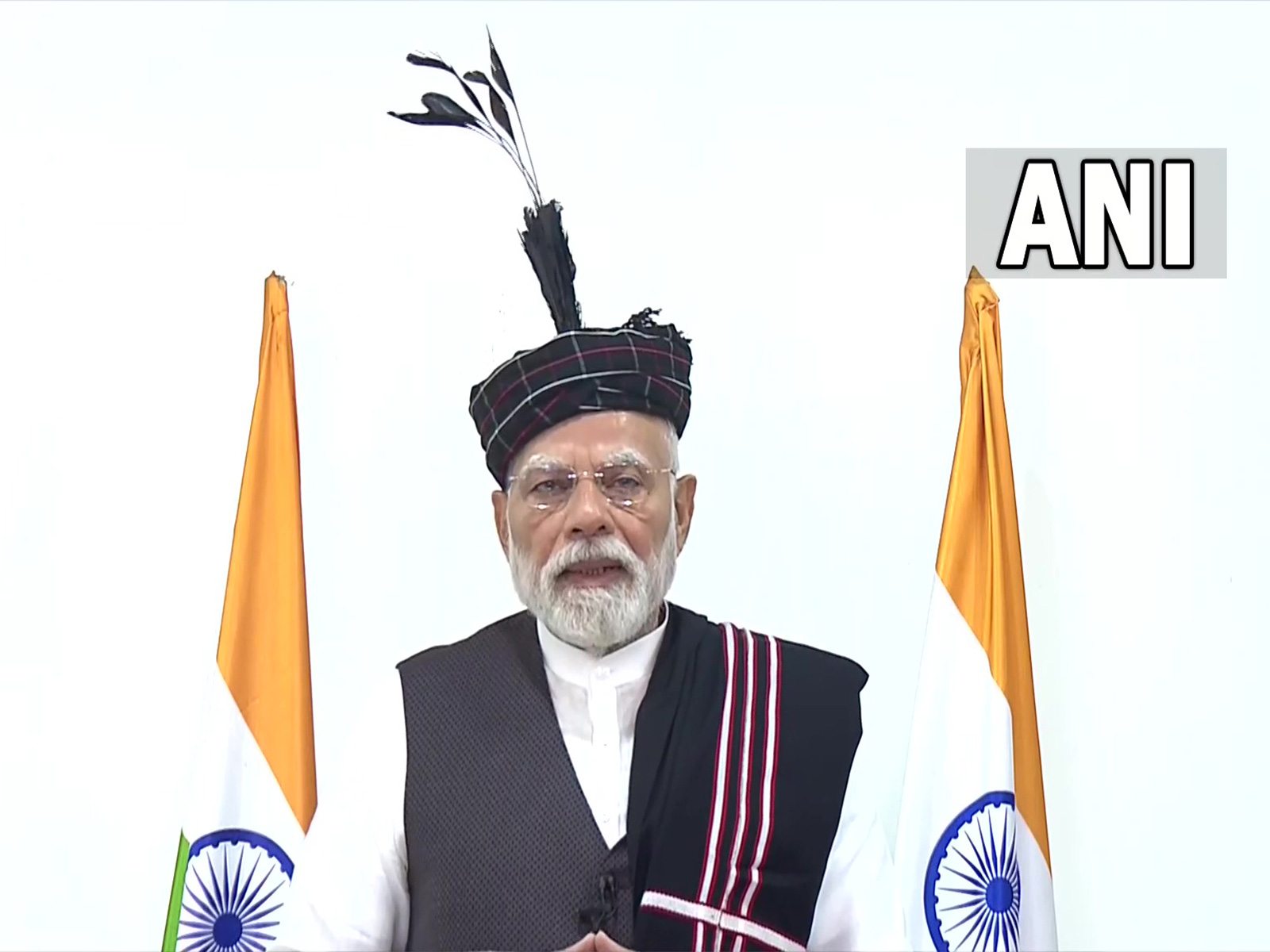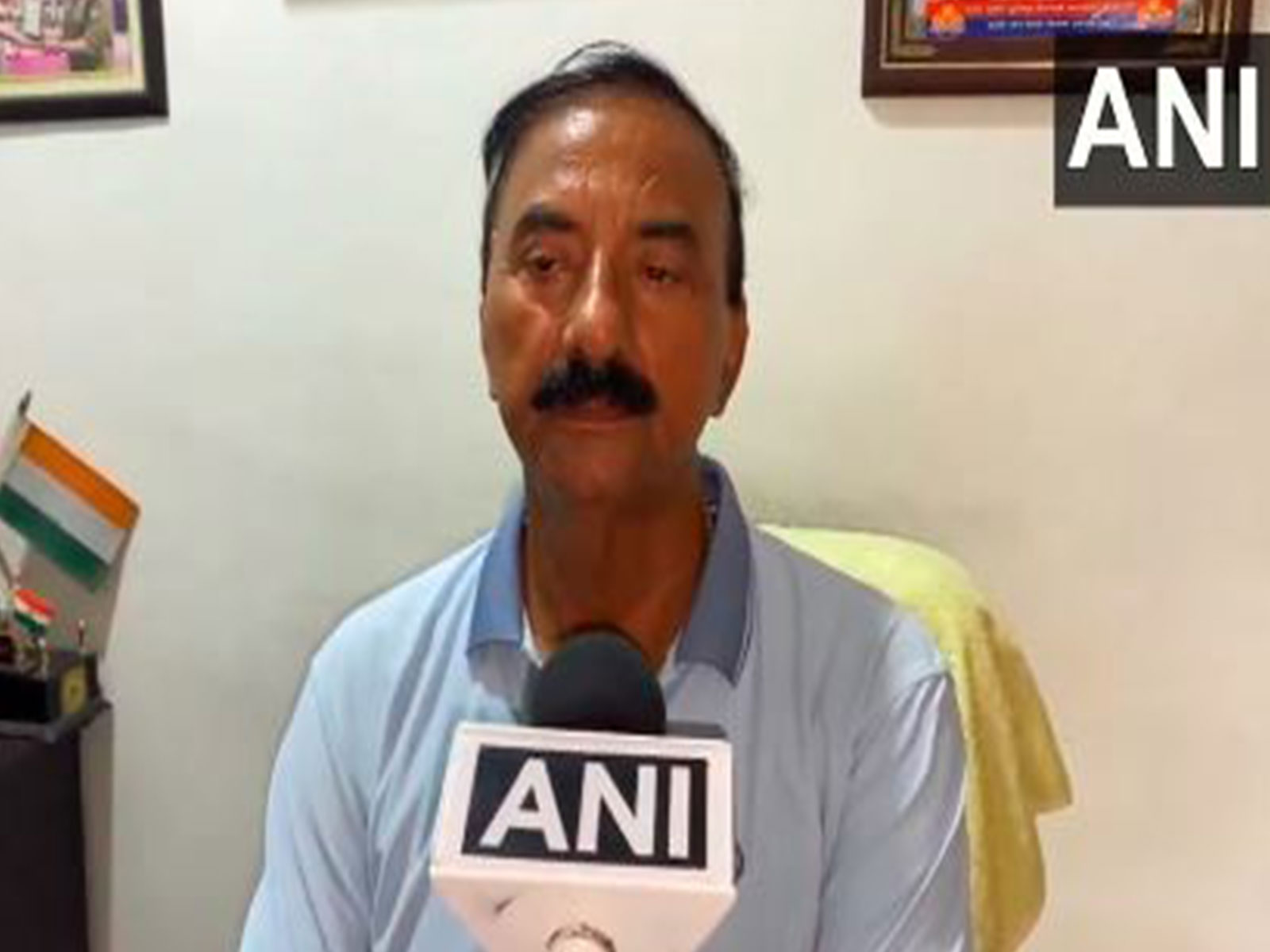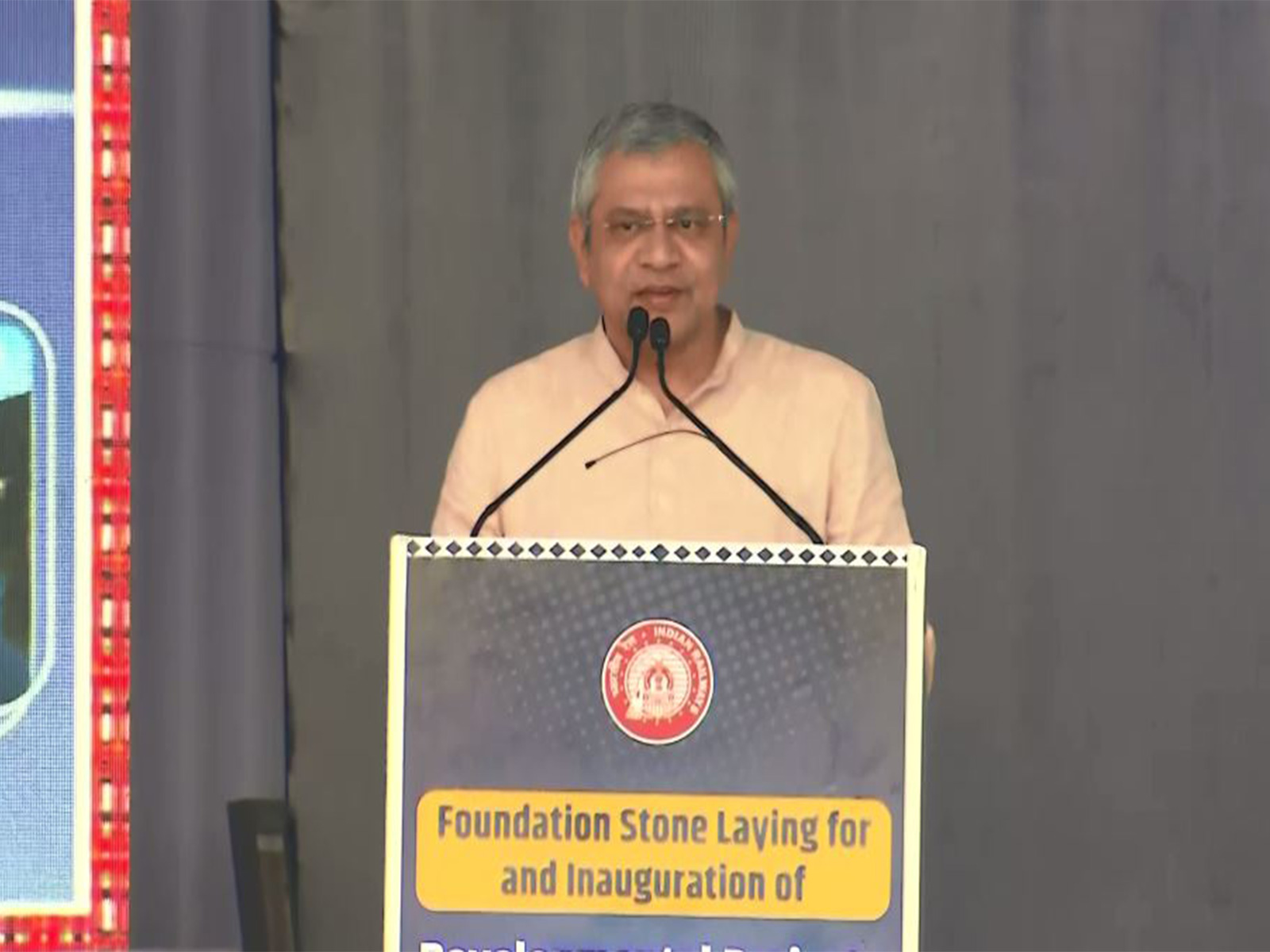
China expresses paranoia over perceived "threats"
Jun 10, 2025
Hong Kong, June 10 : The Chinese Communist Party, CCP for short, suffers from a serious degree of paranoia when it comes to anything that might threaten its grasp over modern China. That threat could take the form of books, a free press, protest movements, or even candles and flowers.
This was amply demonstrated in Hong Kong when the 36th anniversary of the Tiananmen Square massacre passed on 4 June 2025. The Hong Kong Police stated that it arrested two people and detained ten others, the youngest of which was a uniformed high school girl aged 15 years.
Their crimes? Some were "behaving suspiciously", whilst others held an electric candle, stood silently in the rain or held flowers in the vicinity of Victoria Park on Hong Kong Island. Enormous public vigils for those who died on 4 June 1989 were once held annually at Victoria Park, but no more.
A couple of members of the League of Social Democrats, a pro-democracy political group, were also arrested the same day on their way to the park. One had the temerity to bring yellow paper flowers with her to mourn the victims of the CCP's bloody crackdown. She was swiftly surrounded by more than 20 plainclothes police when she alighted from the bus.
Given the grave security threat posed by such people - peaceable young and old folk - the police deployed hundreds of officers in Causeway Bay and at Victoria Park. The Hong Kong government first banned Tiananmen vigils in 2020, citing COVID-19 safety precautions. Once the territory introduced the National Security Law that year, there was never a chance of any Tiananmen commemoration occurring ever again.
The Chinese authorities, and their willing Hong Kong government lackeys, have been eager to expunge Hong Kong's collective memory of those fateful events in the heart of Beijing in 1989. Even searching for books relating to that historical event will come up with the message, "No lending copy is available on shelf now," on the official Hong Kong library website. As in China, the topic of the CCP's slaughter of students has become taboo, and it cannot be discussed in school lessons.
The authorities were even harassing a shop owner on 4 June, who was selling candles for $4.60. The dollar amount was an indirect reference to the date of the massacre, but even that was too close to the truth for the Hong Kong government. This is how thin-skinned and paranoid the CCP is over losing control over its version of the "truth".
Another example of the CCP's paranoia is its myth about the "century of humiliation". Desmond Shum, a Hong Kong businessman who later fell foul of the Chinese authorities, lamented: "A lot of Western politicians, academics and journalists still repeat the CCP's line about the 'century of humiliation as if it's some deep, emotional truth shared by all Chinese people. But the reality is, it's not. It's a made-up narrative, carefully crafted by the Chinese Communist Party to serve its own political agenda. We need to call it what it is: a piece of state propaganda designed to reinforce the party's hold on power."
In the early 1990s, stung by Tiananmen's events and facing a crisis of legitimacy at home, the CCP rolled out its patriotic education campaign to rewrite how history should be remembered. It ditched Marxism and put its eggs in the nationalism basket. Shum explained that this was the first appearance of the term "century of humiliation" in Chinese textbooks. "This wasn't some long-standing cultural memory; it was a new addition, cooked up as part of a broader campaign under Deng Xiaoping and then Jiang Zemin."
As Shum remarked, "The instinct was clear: history should serve the party." Chairman Xi Jinping has built upon that foundation, with his "Chinese dream" teaching that the Chinese people are finally awakening from a long period of decline, one imposed by the West but now engineered by the invincible wisdom of the CCP.
"Any criticism from the outside world gets painted as an attack on China's dignity, part of the same old pattern of bullying that supposedly lasted a hundred years, until CCP took over in 1949," Shum noted. "And every move the party makes - military build-up, tighter control at home, expansion abroad - is framed as a way to make sure China never gets humiliated again. The 'century of humiliation' story has become a powerful political weapon."
Such narratives therefore act as a shield to block any criticism of China, as well as a sword to justify its aggressive behavior since it is now China's turn to rise to the top. Shum concluded, "At the end of the day, history in China isn't about truth - it's about control. From Mao's revolutionary storytelling to Xi's nationalistic push, the CCP has been rewriting the past to serve its present needs."
All of these efforts are designed to keep the CCP at the center of China's national identity. The party derives its legitimacy from such myths, but of course they are all carefully concocted lies that distort history and falsify the truth. Shum warned, "The CCP's version of history isn't about remembering, it's about ruling."
That very same manipulation is now seen in Hong Kong, as the authorities stifle free expression and the free press. That is why even carrying a candle or flowers on 4 June is an arrestable offence.
The very same distortion of truth is evident in China's references to Taiwan. It has dumbed down the embarrassing existence of Taiwan - how could the Chinese people want to live in a democracy apart from the CCP? - into the "Taiwan question" or "Taiwan issue". Of course, the fate of 23 million residents of Taiwan is not just a theoretical issue or problem.
China's narrative was evident in a recent tweet by Lin Jian, spokesperson for China's Foreign Ministry. He vehemently objected to other countries commenting on Taiwan's status and future, declaring that, "Taiwan is an unalienable part of China's territory. The Taiwan question is entirely an internal affair of China. The Taiwan question and the Ukraine crisis are not comparable in any way. China firmly opposes any remarks or actions that seek to mischaracterize or distort the nature of the Taiwan question, and urges relevant parties to abide by the one-China principle through concrete actions and to respect China's sovereignty and territorial integrity."
Where to begin with the obfuscation and distortions in such a statement, all delivered as gospel truth?
Taiwan has never been part of communist China, so it is neither an internal affair nor China's inalienable territory. If China invaded Taiwan, it would be exactly the same as what Russia has done to Ukraine - one nation attacking its sovereign neighbor. Far from others distorting the status of Taiwan, it is Beijing that does so. Bringing up the "one-China principle", as asserted by Beijing, is another cynical ploy. China may hold to this principle, but it cannot force others to do so. In fact, the USA and others hold to a "one-China policy", where it acknowledges China's position but does not find it incumbent to adhere to it.
Nor can Chinese media be relied upon to be impartial. Ultimately, media outlets in China - every company and organization, in fact - must endorse the CCP's position. Furthermore, according to China's National Intelligence Law, organizations and citizens are required to assist state intelligence efforts.
When Grand Commodore Jay Tarriela, spokesperson for the Philippine Coast Guard, accused Chinese media of regurgitating the Chinese government's position about its illegal claims in the South China Sea, Chinese media responded angrily. They protested that their reporting was unbiased, even if it did perfectly echo Beijing's stance.
Tarriela launched a broadside: "No matter how you deny it, China's media acts as an extension of the Ministry of State Security. This law allows the government to use media outlets for intelligence purposes, blurring the lines between journalism and propaganda. Do not pretend you care about journalism; your country truly lacks free speech, as evidenced by the Great Firewall, censorship and the imprisonment of journalists like Liu Xiaobo and Zhang Zhan."
Incidentally, the organization Reporters Without Borders ranks China 172 out of 180 for press freedom in the world. Tarriela said Chinese media served as "tools for the communist party rather than independent voices".
Unfortunately, too many around the world are willing to believe what China says, even though the apparatus of government is only there to sustain the existence of the CCP. Others are happy to take China's money in order to profit themselves. Ultimately, truth and freedom are tradable commodities for the CCP.
This is why the Harvard commencement speech of Yurong Luanna Jiang from China, who mentioned a "shared humanity", raised so many hackles. Her comments echoed Xi's well-worn phrase of "a community with a shared future for humankind". Unfortunately, that CCP vision totally bypasses human rights, ignores democratic norms, bans free speech and foregoes public scrutiny. Is that the shared future that humankind really wants?
